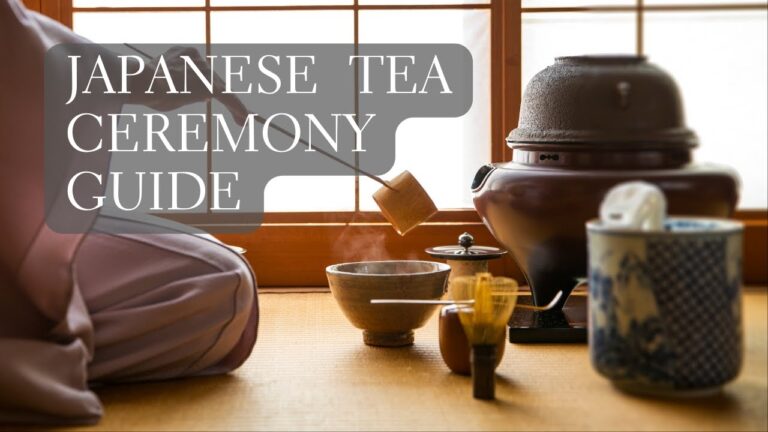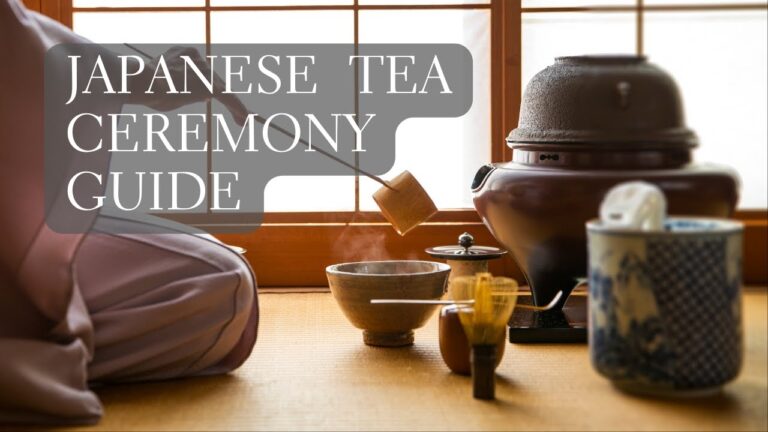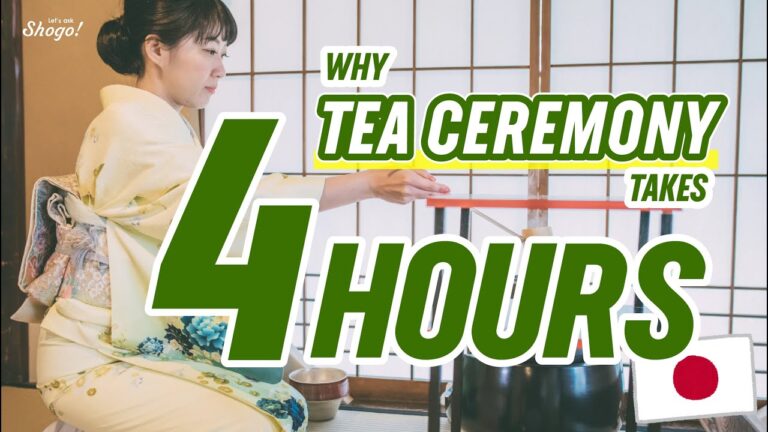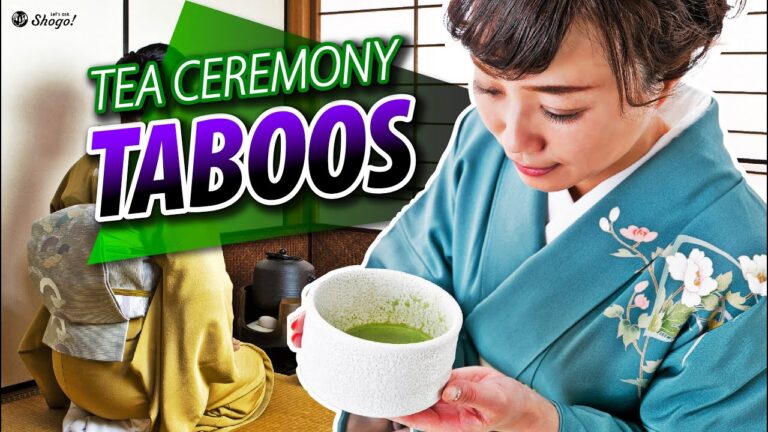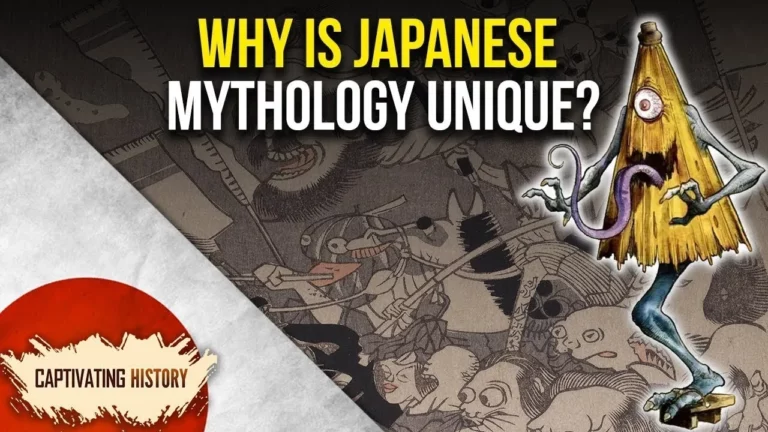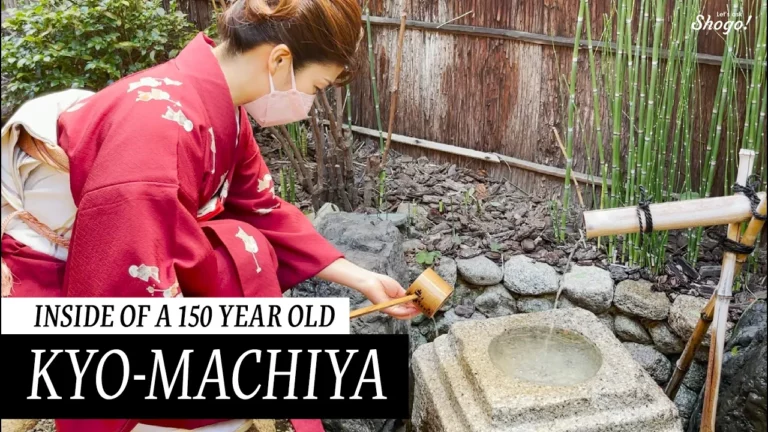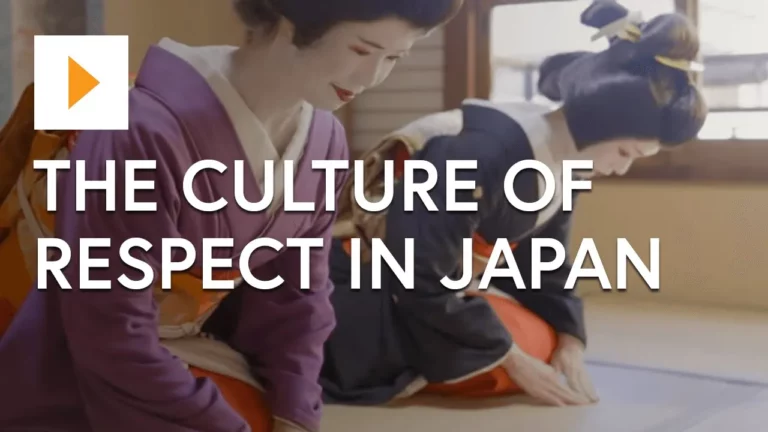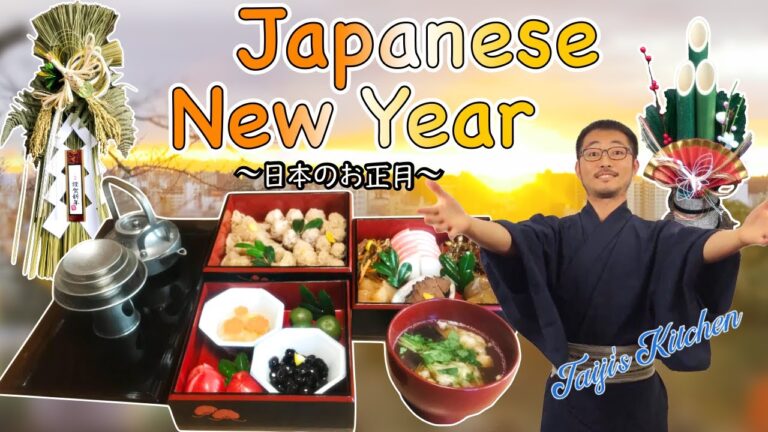Japanese tea ceremonies are steeped in tradition and significance, embodying profound principles that go beyond just the act of drinking tea. The essence of the tea ceremony lies in the four philosophies and seven rules that guide every aspect of this harmonious ritual.
Harmony, Respect, Purity, and Tranquility
At the core of the Japanese tea ceremony are four fundamental philosophies: harmony, respect, purity, and tranquility. These principles dictate the conduct and mindset of both hosts and guests during the ceremony. Harmony emphasizes the collaborative effort to create a peaceful atmosphere, while respect underscores the mutual reverence shown towards each other and the elements present in the tea room. Purity symbolizes the cleansing of the mind and soul, mirroring the purification rituals observed before entering a shrine. Tranquility encourages a serene and focused state of mind, fostering a deep connection with nature and promoting inner peace.
The Seven Rules
In addition to the philosophical underpinnings, the Japanese tea ceremony adheres to seven essential rules that further enhance the experience and significance of the ritual. These rules encompass various aspects such as preparing and serving matcha with precision, placing charcoal correctly to heat water, and meticulously decorating flowers in a natural, uncontrived manner. The rules also emphasize the importance of readiness, adaptability, and caring for all participants involved, ensuring that every tea ceremony is a harmonious and respectful affair.
Reflecting on Life’s Simple Joys
Beyond the meticulous practices and etiquettes, the tea ceremony serves as a poignant reminder to reflect on life’s simple but profound aspects. It prompts individuals to appreciate the beauty of nature, cultivate respect for one another and the environment, and embrace tranquility amidst life’s chaos. By following the four philosophies and seven rules of the tea ceremony, one not only enriches the ritual but also nurtures a deeper understanding of oneself and the world around them.
In essence, the Japanese tea ceremony transcends mere tea consumption; it is a transformative experience that instills mindfulness, gratitude, and a deep connection to nature and others. By embodying the principles and rules of this ancient tradition, participants embark on a journey of self-discovery and spiritual enrichment, finding solace and beauty in life’s simplest moments.

